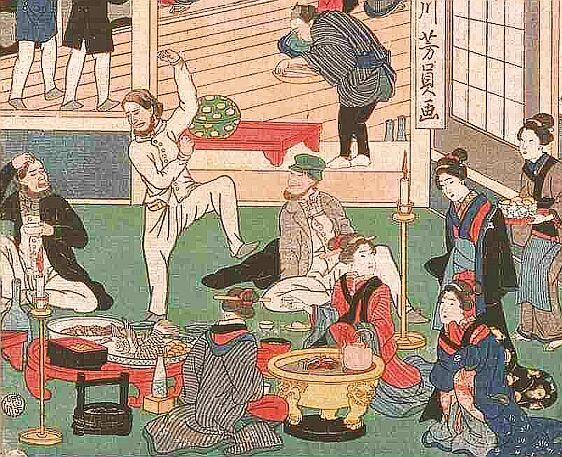The word for “foreigner” in Japanese is gaijin, written with kanji meaning outside + person, making it essentially equal to the word “outsider.” All countries have foreigners, of course, but Japan’s status as one of the most homogeneous countries in the world has a special meaning for Westerners living here, forcing most of us to “be at peace with sticking out in a crowd.” A person from Sweden or France could walk down the street in New York without anyone noticing that they came from another part of the world, but in Japan, the “other-ness” of a non-Japanese face can’t be hidden. In my home prefecture of Gunma, it’s quite common for me to go somewhere — a school function, or my daughter’s Girl Scout meeting — and suddenly realize that I’m the only non-Japanese present, often out of hundreds of people. While I’m okay with this, I’ve known some who couldn’t handle the stress of “living in a fish-bowl,” as one friend put it. While few in super-polite Japan are rude enough to openly stare at a foreigner, children sometimes can’t resist gazing at the great big American pecking away on his MacBook. Whenever this happens, I smile at the child and say, “Konnichi-wa,” which hopefully gives him a positive impression of having met a foreigner. (For some reason I am positively obsessed with making sure I don’t act in a way that makes young children think of foreigners as “scary.”) My own response to the issue of being different from everyone around me is to embrace it, driving my Miata with the top down and my blond hair blowing in the wind.

Early images of foreigners mingling with Japanese in the Edo Period. Must have been fun.















